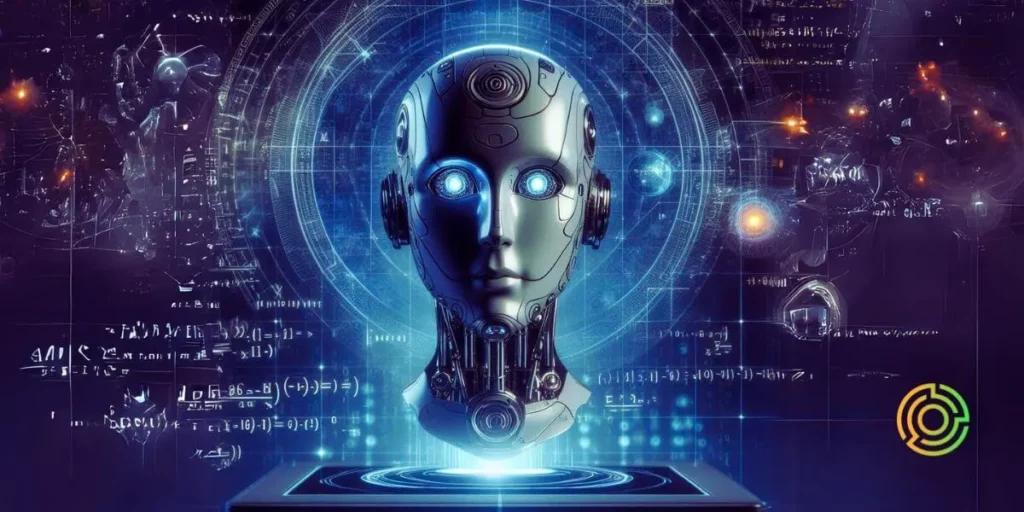In recent decades, the realm of artificial intelligence has surged forward, showcasing a remarkable evolution marked by increasingly sophisticated applications. These applications span from the automation of tasks to the crafting of personalized recommender systems, underscoring the breadth of AI’s impact on our lives. Yet, amidst this progression, one concept stands out, sparking both fascination and debate: Artificial General Intelligence (AGI).
What is Artificial General Intelligence (AGI)?
Artificial General Intelligence (AGI) refers to a level of artificial intelligence that has the ability to understand, learn, and apply knowledge to a wide variety of tasks, similar to or even superior to human intelligence. Unlike conventional artificial intelligence, which specializes in specific tasks, AGI aspires to the versatility and adaptability of human thought.
Challenges on the Road to AGI
Despite significant advances in the field of artificial intelligence, there are a number of technical, ethical, and theoretical challenges to achieving AGI. One of the major obstacles is the ability to develop algorithms and models that can effectively emulate the complexity and flexibility of human thought.
Deep learning and the quest for AGI
Deep learning, a branch of artificial intelligence that has proven highly effective in tasks such as image recognition and natural language processing, is one of the most promising approaches for moving toward AGI. Despite its successes, however, deep learning has significant limitations in terms of adaptability and contextual understanding, raising questions about its ability to achieve true general intelligence.
Alternative approaches to AGI
In addition to deep learning, there are other approaches that could lead to the development of AGI. For example, decision making under deep uncertainty (DMDU) focuses on the ability to make effective decisions in complex and changing environments, a fundamental aspect of human intelligence that has not yet been fully replicated by deep learning models.
See also: Meta’s next project is to build a Artificial General Intelligence
Perspectives on the Future of AGI
The question of when AGI will be achieved is the subject of intense debate and speculation within the scientific and technological community. While some experts suggest that we could be decades away from reaching this milestone, others are more optimistic and believe that it could occur in the relatively near future. Regardless of the exact timeline, however, it is clear that the development of AGI will have a profound and lasting impact on society and the way we interact with technology.
Conclusion
In summary, Artificial General Intelligence (AGI) represents an exciting and ambitious challenge in the field of artificial intelligence. While there are different approaches and opinions on how to achieve this goal, it is clear that the development of AGI could radically change our understanding and application of technology in all areas of life.
FAQs
What is Artificial General Intelligence (AGI)?
Artificial General Intelligence, or AGI, refers to a level of artificial intelligence that is capable of understanding, learning, and applying knowledge to a wide variety of tasks in a manner similar to or superior to human intelligence.
What is the difference between AGI and traditional artificial intelligence?
Unlike conventional artificial intelligence, which specializes in specific tasks, AGI aspires to the versatility and adaptability of human thinking. While conventional AI is limited to performing specific tasks for which it has been programmed, AGI has the ability to learn and adapt to new situations in a manner similar to humans.
What are the challenges in developing AGI?
The development of AGI faces a number of technical, ethical, and theoretical challenges. These include the ability to develop algorithms and models that effectively mimic the complexity and flexibility of human reasoning, as well as ensuring that AGI acts ethically and safely in a variety of situations.
When will AGI be achieved?
The question of when AGI will be achieved is the subject of intense debate and speculation within the scientific and technological community. Some experts suggest that we could be decades away from achieving this milestone, while others are more optimistic that it could happen in the relatively near future.
What is the potential impact of AGI on society?
The development of AGI would have a profound and lasting impact on society and the way we interact with technology. It could radically change entire industries, from healthcare to education, and raise important ethical and philosophical questions about the role of artificial intelligence in our lives.
What approaches are being used to develop AGI?
In addition to the traditional deep learning approach, there are other approaches that could lead to the development of AGI. These include decision making under deep uncertainty (DMDU) and methods that focus on understanding human reasoning and adapting to changing situations.
Where can I learn more about AGI?
For more information about Artificial General Intelligence and other technology-related topics, we recommend consulting reliable online sources as well as specialized academic books and articles.
Follow us on our social networks and keep up to date with everything that happens in the Metaverse!
Twitter Linkedin Facebook Telegram Instagram Google News Amazon Store

